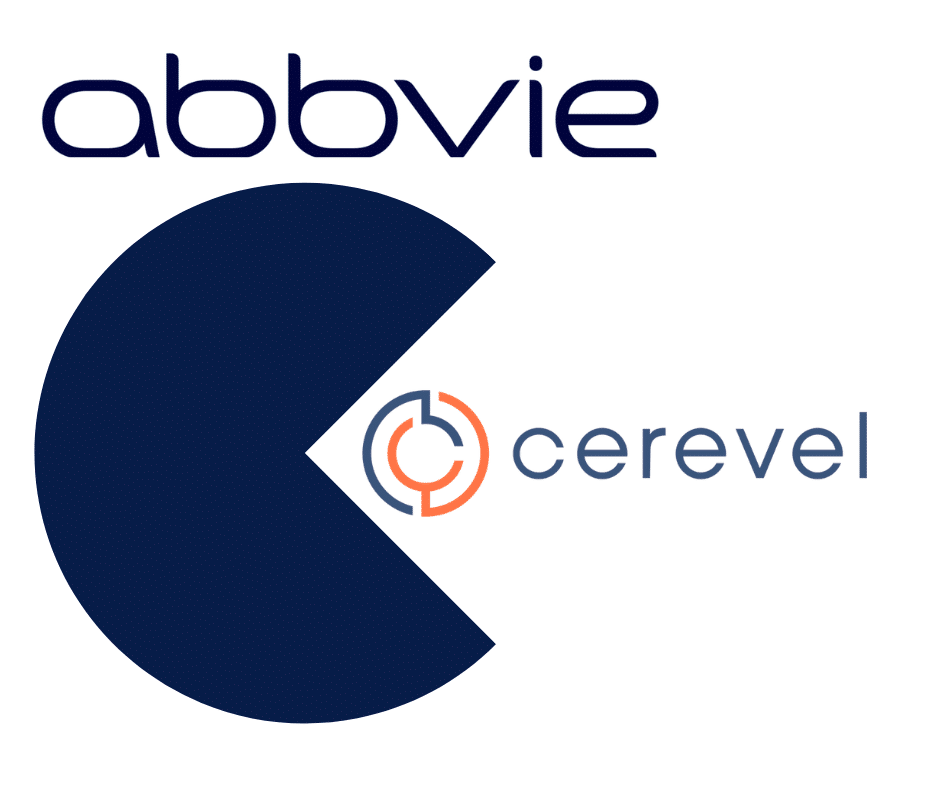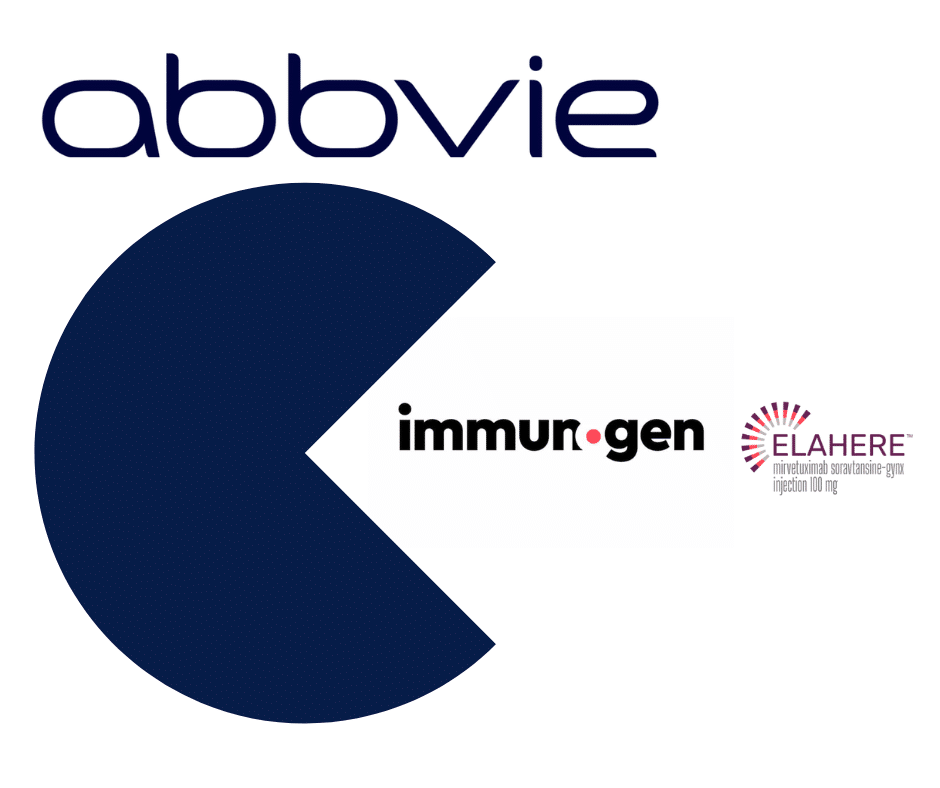
We all know one size never fits all, yet, for the vast majority of medical history, care providers have been using that approach. Fortunately, with the advances in molecular and genetic medicine, precision medicine has become a viable alternative to the outdated and inefficient one-size-fits-all approach.
Precision medicine, as the name suggests, does not concern itself with accurately targeting the average person. Rather, it specifically tailors treatment to an individual. As defined by the Precision Medicine Initiative, this is an emerging approach “for disease treatment and prevention that takes into account individual variability in genes, environment, and lifestyle for each person.”
Precision medicine has taken on increased importance in the treatment of cancer given the growth of immunotherapy, as care providers seek to provide effective treatments with minimal side effects.
What medicine learned from the Incredibles
Just as citizens in Metroville grew tired of the Incredibles destroying buildings while fighting crime, patients were exhausted from the collateral damage of ineffective treatments. Consequently, the Incredible changed, and so did medicine.
In traditional therapy design, neither the methods of organic chemistry nor their active ingredients were selective. Therefore, if you were going to prescribe a drug such as misoprostol for a stomach ulcer, it came with the precaution that the patient shouldn’t be pregnant, as it was a strong abortifacient.
However, just as Mr. Incredible finally allowed his children to help fight crime, precision medicine, in conjunction with companion diagnostics, allows health care professionals to minimize collateral damage. These devices help determine the effects of a particular treatment on an individual. According to the FDA, companion diagnostics can identify patients who are most likely to benefit from treatment, pinpoint those likely to be at increased risk of serious side effects, and even monitor response to treatment.
Through companion diagnostics and precision medicine, health care providers can target a specific molecule or receptor on the problematic tissue, thus minimizing side effects and increasing treatment success as well as adherence. The “precision” component also helps customize the treatment to not just particular conditions but also to particular patients. The specific mutations of a cancer cell can be analyzed, and the appropriate medication prescribed, thereby customizing the treatment to the patient.
Trusty companion (diagnostics)
Companions are important. Without Elastigirl, Mr. Incredible cannot fight crime as well. Precision medicines are not as effective without companion diagnostics. This is evident along the treatment process.
Up front, clinicians can employ companion diagnostics to calculate the exact dosage they’ll need based on a patient’s metabolism by analyzing a patient’s particular alleles. On the back end, they may then be used to verify treatment success and determine if mission was accomplished. Remarkably, appropriate companion diagnostics can even measure the efficacy of a cancer treatment plan even before the tumor shrinks or the patient’s symptoms regress. Therefore, if the results are not where they need to be, the patient can be switched to a different regimen before they complete their treatment course. This saves precious time, and since time is cells, it may translate to survival.
This new decade will no doubt continue to witness an increased role of companion diagnostics and thus precision medicine. By 2025, the companion diagnostics market is expected to reach USD 6.8 billion with a handful of companies poised to lead the way.
These include Agilent Technologies, Illumina, Qiagen, Foundation Medicine and Grail Bio. Snowfish has worked with Foundation Medicine, a companion diagnostics company for oncology that was acquired by Roche. Foundation Medicine is known for FoundationONE CDx, the first FDA-approved broad companion diagnostic with indications such as alpelisib for HR-positive, HER2 negative PIK3CA mutated breast cancer. Snowfish has also partnered with Grail Bio, known for their “liquid” CDx focusing on diagnosis from blood samples.
To learn more, contact Snowfish at snowfish.net.
Alex Fishman is an intern at Snowfish. When he is not blogging for us and making references to Pixar movies, he attends the University of Virginia where he is studying Economics and Sociology.
- Market Access: The Latest Hurdle for Treating Alzheimer’s and Dementia - June 14, 2023
- Rare Disease Outreach a Missed Opportunity - November 7, 2022
- So You Read Our Previous Post on Biomarkers? - August 1, 2022



